It’s not easy to imagine a straight line from jazz guitar to Google software engineer to experimental music plugin designer. For Aqeel Aadam, the Philadelphia-based musician and producer, that path began with a grandfather's gift—a guitar from an "OG jazz musician" that introduced him to a lifelong passion for sound creation. Armed with a Princeton computer science degree and years of corporate tech experience, as well as a passion for modular synthesis, Aadam was ready to immerse himself in digital music software when Google’s post-COVID layoffs unexpectedly provided him with the runway to pursue his true calling.
Aqeel Aadam Sound, his plugin company, was built to democratize the inspirational workflows typically exclusive to expensive hardware synthesizers and Eurorack modular systems. His previous plugin releases—Ridgewalk and Weeping Wall—established him as a thoughtful voice in the software instrument space. Still, his latest creation, Waymaker, represents what he calls the culmination of his company's ethos. This groundbreaking sequencer ties together his entire ecosystem of plugins, offering musicians the ability to control pitch and playback of loopers in what he describes as "a very Norns-like and modular way." According to Aadam, Waymaker provides functionality that has never before been available in plugin form, creating an "expansive, inspirational environment to get lost in."
While developing his software business, Aadam released two excellent ambient electronic albums on the Mystery Circles imprint: Hollow Moon and Swim, Simian. These releases showcase the same experimental sensibility that drives his plugin development—a commitment to open-ended exploration and what he calls "happy accidents." His software deliberately encourages collaboration rather than mere utilization, reflecting a philosophy that views musical tools as partners in the creative process.
Lawrence Peryer recently hosted Aqeel Aadam on the Spotlight On podcast to explore all of Aadam’s activities. Aadam spoke about his philosophy of democratizing hardware workflows through software, the inspiration behind Waymaker and its revolutionary approach to sequencing, his thoughts on modular synthesis culture, and how his engineering background influences his approach to interface design and user accessibility.
You can listen to the entire conversation in the Spotlight On audio player below. The transcript has been edited for clarity, flow, and length.
Lawrence Peryer: I want to start by asking you about Waymaker. It seems like an important next step or evolution in your ecosystem. What makes Waymaker what it is?
Aqeel Aadam: You're right to say it is an evolution. I’m proud of the first two products I released, but after developing the idea behind Waymaker, it started making me feel like the first two products were almost like a proof of concept. They were kind of the precursor to what I was really figuring out. And I think the response to Waymaker has been similar, where a lot of folks were in the proverbial building, but Waymaker was kind of when they were like, "Oh, okay, this is like a real thing."
I think the genesis was inspired by Eurorack modular systems and how I feel that sequencing, melody generation, and all the ways you can manipulate pitches and rhythms are something that's an unheralded superpower in the modular format. It hasn’t been available in most other formats. I mean, if you think about playing a keyboard or playing guitar, you just kind of get what you play as opposed to this device that's generating things for you.
The core thesis of the product was to take the experience of working with modular systems and make it more broadly accessible. This involved distilling several modules that might cost thousands of dollars each into a single, affordable experience.
Lawrence: Is that the problem statement you started with? And more generally, when you're thinking, "You know what, it's time for a new plugin," are you thinking about a problem statement?
Aqeel: There's always a core idea that I want to tackle, and that's usually something that I do often in something like modular. And that's not to say I'm trying to recreate any particular product. I'm kind of recreating a workflow that I like to use—some combination of things or something that I just use to get started, spark inspiration, that sort of thing. That’s usually where I start on the product side.
At the company level, you're totally right. I think the problem statement is essentially about democratizing ideas—helping folks who might not be able to afford all the fancy gear they see on Instagram, YouTube, or elsewhere. There are also tons of people who work primarily in the box, wanting to have multiple instances of something, or if they want to reopen a project and pick up where they left off. Basically, just kind of taking some of the concepts and ideas that I feel like are kind of locked away in particular formats right now and trying to make them a bit more accessible.
Lawrence: You use the word democratization. I get the sense from reading other things about you, especially in your musical work, that that's not a throwaway term you're using. Can you talk about the importance of that accessibility and the political aspects, if there are any?
Aqeel: When I was in college, and kind of thinking about where I imagined my career going, I thought it might be nice to be a teacher. I think teaching music and modular synthesizers has always appealed to me. I almost feel like that's what I'm doing, in a way, by creating products, where I feel like I'm encouraging people to think about things. I suppose you can’t totally control or steer what people take away from that experience, but you can prompt them to start thinking about things or perhaps expand their horizons. So, I would say that in terms of democratization, I think that aspect is really about encouraging people to keep an open mind and go into something, maybe expecting to be surprised, if you can do that.
I wouldn't say there’s a specific political backdrop behind it, but I think I’m generally encouraging people to think outside the box a little bit. Let the box surprise you. You don't know what you're going to get when you open that Pandora's box, but hopefully the experience is fun. And from there, you can kind of surf the wave that flows out of it.
Lawrence: What is it that attracts people or lures them into modular synthesis? It seems like people come across that rabbit hole, and nine out of ten times, they jump in and are never heard from again. You have to send a search party out for them.
Aqeel: It's true. I mean, I love modular synths, but to be honest, I typically don't encourage people to explore them. That's particularly because of what people are trying to get out of it. You'll hear folks say, "Oh, this is awesome. It's a format where I can do whatever I want. I'm going to build the world's best polysynth," and it's like, you might accomplish that, but you're probably just going to be happier spending that money on a Prophet. You’ll save money and have a better experience. That's a tuned instrument. It has knobs and sliders that have a parameter range that is completely defined, and the whole thing is just a cohesive unit. Modular is not that. It is very much open-ended, entirely beholden to whatever you want to do with it. I think that open-endedness is often a gift and a curse. For me, it’s a kind of inspiration box that can contribute randomness and surprises to my composition process. When it comes time to lay down a drumbeat or lay down some chords, I am not turning to modular. I’m picking something else off the shelf and using that.
Modular is an excellent format for getting the juices flowing. But once they're flowing, I turn away from it and build on top of that result. I've personally found that's the best way for me to create music with it. There are folks out there who are doing completely robust finished tracks, 100 percent in modular. Typically, they have an entire warehouse of modules to choose from, and the idea of sitting there and patching it all up scares me. So I usually work really fast with it. I'm pretty utilitarian. I'm just trying to get from point A to point B, and my goal is to find something that sparks inspiration.
Lawrence: I always think, what's the gap in time between when you get into stockpiling modular synths and when you buy your first soldering iron, you know? Something tells me that it's right around the corner. (laughter)
Aqeel: Yeah. It’s heavily associated with midlife crises, you know? It's like, "I'm going to smoke meats. I'm going to garden. And I'm going to get this modular synth."
Lawrence: That's what I tell people about what I do. Some people buy sports cars. I talk to people about free jazz. That seems like it's a much lower-risk midlife crisis. Nobody's getting hurt. (laughter)
Because you're a musician, it would seem to me that you’re uniquely able to make interesting decisions around interface design and things like that. How does that help you balance interface design and the issues around accessibility? Are there conflicts or trade-offs you have to make to keep the tool usable?
Aqeel: From that perspective, I tend to lead with my engineering brain, which is more conservative, or, for lack of a better word, kind of lazier. In the world of engineering, you're not going to do something twice. You won’t over-engineer something if you don't have to. I think a lot of the science of software engineering is basically about how to actualize something in the minimum possible steps.
So that kind of bleeds into the product design as well. I try to pay respect to the fact that these products will be used in a DAW; every DAW comes with a really awesome EQ, reverb, delay, compressor, and more. And so, when I think about what this product is, I want it to be as distilled as possible. And sometimes you make concessions just to make it more of a fit for the workflow and make something feel a little bit more seamless. But in general, I'm kind of operating from the perspective of, "What is cool about this?" How do I get someone wrestling with that core concept when the rest of it has to stand out of the way?
For the most part, I try to keep the interfaces relatively streamlined. In terms of all of the extra bells and whistles, when they exist, they’re hidden away a little bit, so you don't need to think about them. And I try to give people maybe six or eight controls on the front panel, similar to a guitar pedal. I think it feels way more approachable that way. It feels like something you can look at and understand. If you don't understand it, that's okay too. You can just start messing with knobs and seeing what happens. So, in terms of the interface, I try to encourage people to think about the thesis of this device and steer them towards it as much as possible.
I do try to throw some fun visuals into every product, which might show what's going on or a more abstract version of it. I try to make it fun. I think that's really important to do in this format of software plugins, where you can present as much information or as little information as you want. I try to draw a contrast with something like a guitar pedal or Eurorack module, where you're looking at a bunch of knobs and maybe an LED that changes colors, flashes, or whatever. Perhaps it simply becomes like digital wallpaper, and that's okay. As long as people are using it and thinking about it, that's the experience that I'm hoping to get.
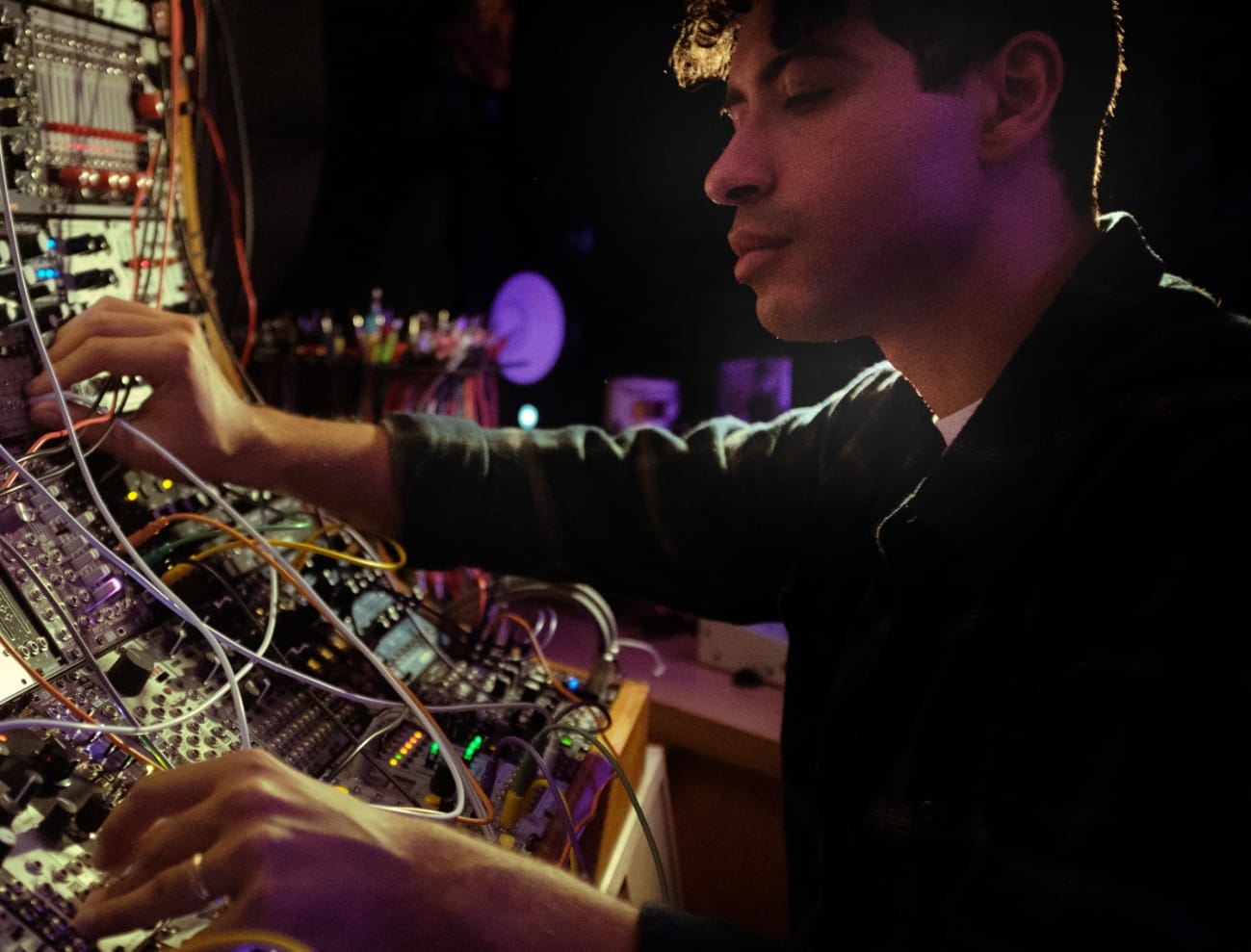
Lawrence: When you sort of look out at the landscape of music software, are there obvious problems or gaps that you're excited to tackle or that you want to see the solution for?
Aqeel: Yeah, I would say there are two areas I think are currently underdeveloped on the market. The first thing that comes to mind is just creating software that sparks inspiration. The majority of plugins out there are very utilitarian in terms of only doing what they say. Like, "Hey, this is our badass reverb. It sounds like a reverb, and it's great." There aren't as many tools that really surprise you or are things that you want to sit with.
One of the reasons it took me a while to figure out that I wanted to try building plugins was that I had a preconceived notion that plugins are those things that I open, tweak for twenty-five seconds, and then close the window, never thinking about them again. Why would I want to do that? So I try to think about things that people might want to grapple with and that demand attention. A lot of the best musical tools in general feel that way. Sitting behind me is my Juno, which is maybe the simplest poly-synth on the market. It really rewards you by playing it and messing with the sliders. I want to encourage that experience with whatever I'm building—something that you want to use rather than just utilize.
The other thing I want to explore is products that are generative, but not necessarily random. There are a lot of products right now that conflate those two concepts. Something might be a relatively basic tool—like a granular device, or a delay, or whatever—and then they slap an element of randomness onto it. Like, "Oh, there's a random chance that the grains are panned left or right.” I would like to explore how randomness is a way to introduce complexity and variation.
I think there are also a lot of algorithmic things to explore, which is one of the things at the heart of Waymaker. There are all these kinds of basic sequencers that you can pick and choose from, and some of them have an element of randomness, and some of them don't. But I think you are generating a complex result from the sum of many smaller pieces. When you make a tweak in one, it can have downstream effects that you don't really think about until you hear them. That is a form of generative music that does not involve randomness. It's somewhat algorithmic, and it’s perhaps a little obtuse, but you can hear the results and think, "Do I like this? Do I not like this?" And then you can steer from there.
So, I want to think more about that concept in future products, where I’m considering how I can give people all the keys. The fun is in seeing what happens when you turn them. It’s about not just relying on random output, having something that's repeatable and interesting, and you feel like you're in control. That's something I want to explore.
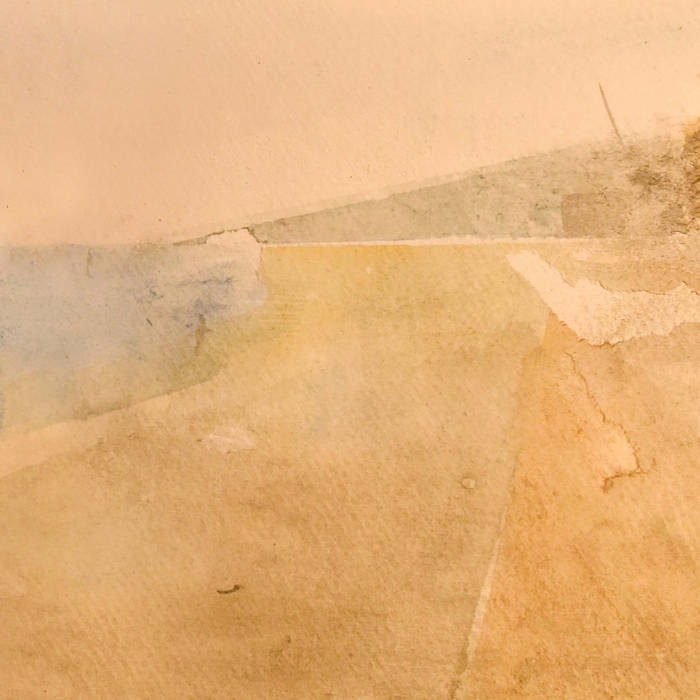
Lawrence: Interesting. You know, our listeners won't appreciate this, but you're sitting in front of a bank of synths. What's going on with your creative music life?
Aqeel: I try to record something every day. I start my day with just a little bit of music as a reminder of what it's all for. So I just try to sit down and make something, though it doesn't have to be good. It doesn't have to be used for anything. But in doing that, I sharpen my skills a little bit. And I try not to use my own products, because that gets me into an engineering mode where I'm thinking about, "Oh, that could be a little better. Oh, there's a bug.“ It forces me to revisit the world that all this stuff is inspired by anyway. So I’m tinkering with the modular synths or exploring a cool chord progression that I heard the other day, or sitting down and taking that time to just noodle.
At this point, I'm accumulating stuff that I probably should release, but I haven't found the time to sit down and finish. I have a gigantic document that categorizes everything I've written over the past few years. I look over it thinking, "Oh, if a game opportunity comes up, this is cool. Or, I don't know, a horror soundscape or an emotional piano piece for a film.” I'm just sitting on a gigantic repository of little snippets that would be nice to finish one day. I'm trying to come to peace with the fact that it might not happen. And that's okay. I'm happy that those pieces were recorded and exist.
Lawrence: I'm hearing that you're enjoying tinkering and creating, but I would imagine you'd be using much different language and even behaving differently if you had a plan for the music. What you're not saying is, "I'm working on the next album right now as we speak," but you are continuing to create.
Aqeel: It's kind of a philosophy that I've stumbled on, and it exists for me as a composer and as a plugin designer. It’s that inspiration is one of the best things that we have as humans, but we can't control when it shows up. We also can't control what it encourages us to do when it does decide to show up. So I just try to let things happen from that perspective.
As a composer, I sit back and see what I'm feeling that day. I think if I were to sit down and say, "I am going to write an album this week," it would probably be shit. So I come from the position of, "I'm going to sit down and see what happens every day." And then I'll sort it out in post, thinking, "Oh, that would be cool to finish for an album. That could be cool for a game or whatever." I think that kind of philosophy also bleeds into the plugins, where I try to give people tools that can help them find inspiration. And Lord knows what happens when you find it. But that's part of the fun. You're just kind of riding the wave. That's how I operate as a musician and what I encourage other folks to try in their own writing as well.
Check out more like this:
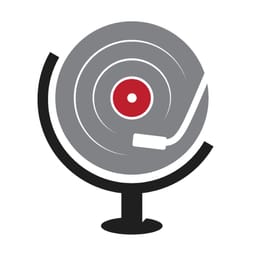 The TonearmArina Korenyu
The TonearmArina Korenyu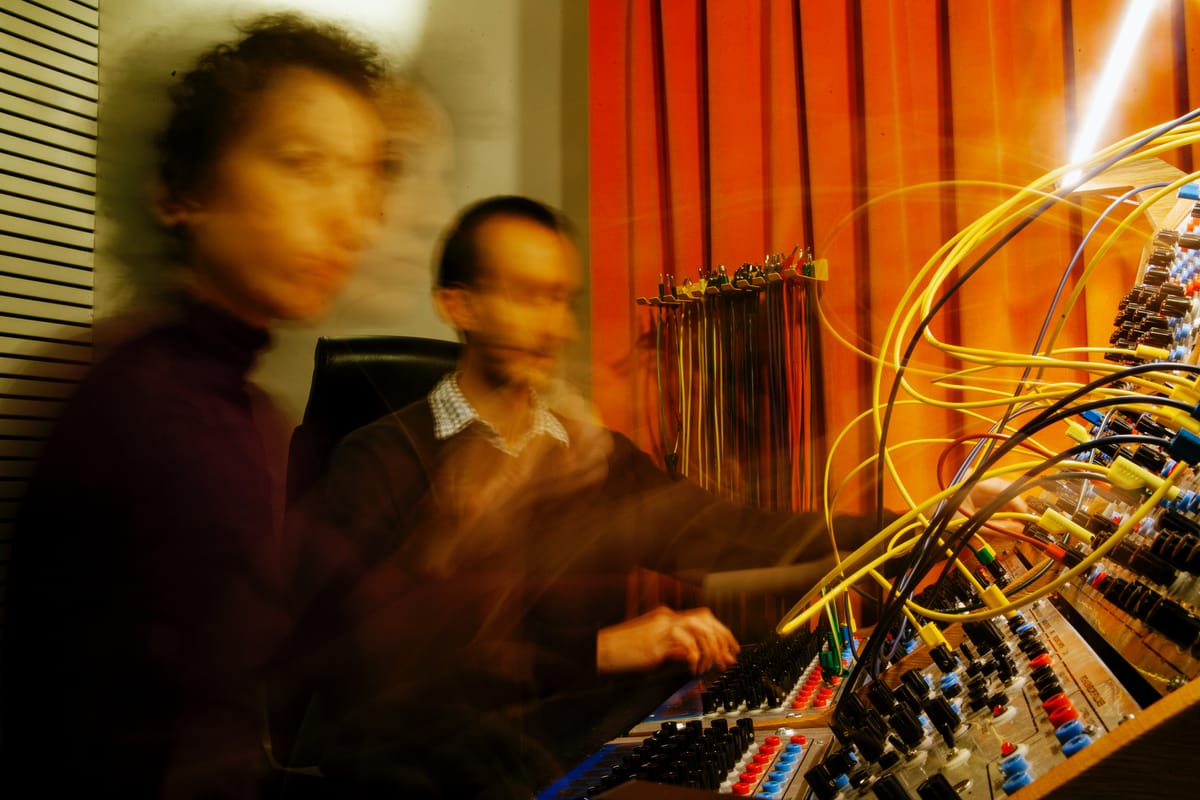
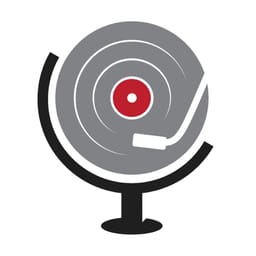 The TonearmMichael Donaldson
The TonearmMichael Donaldson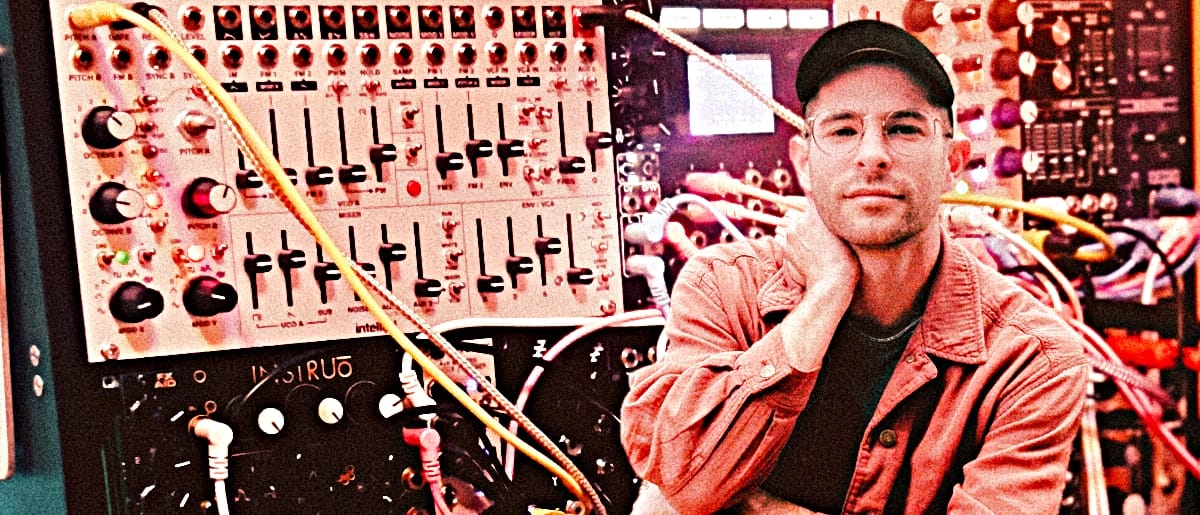


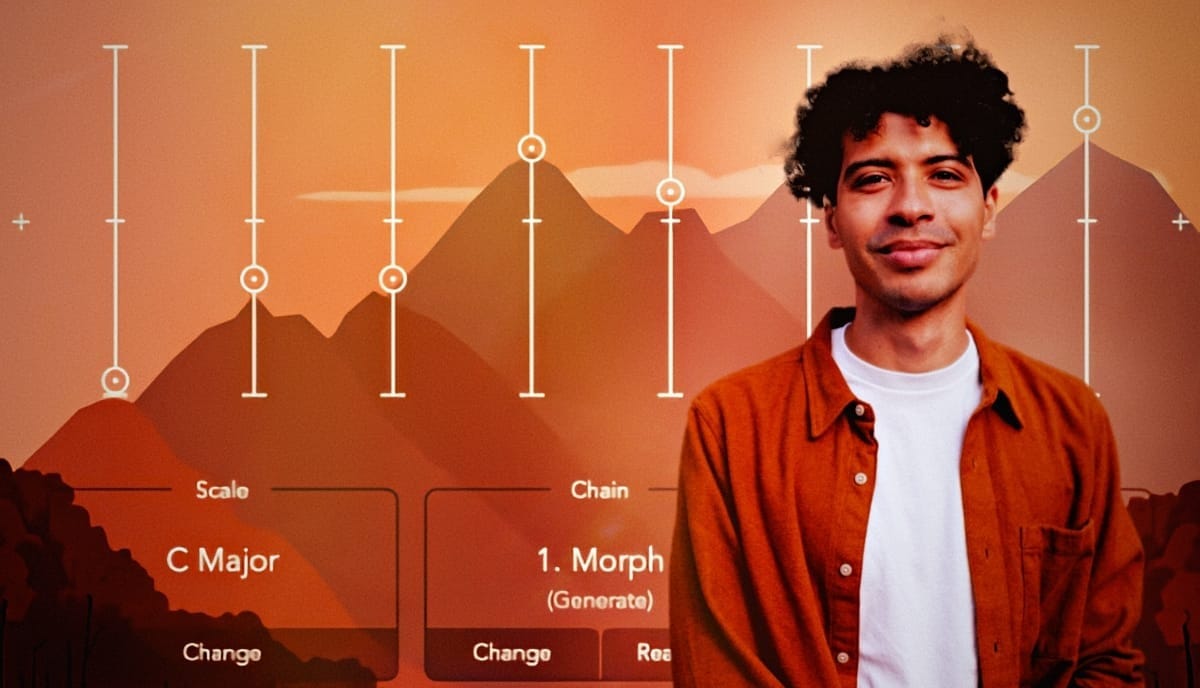
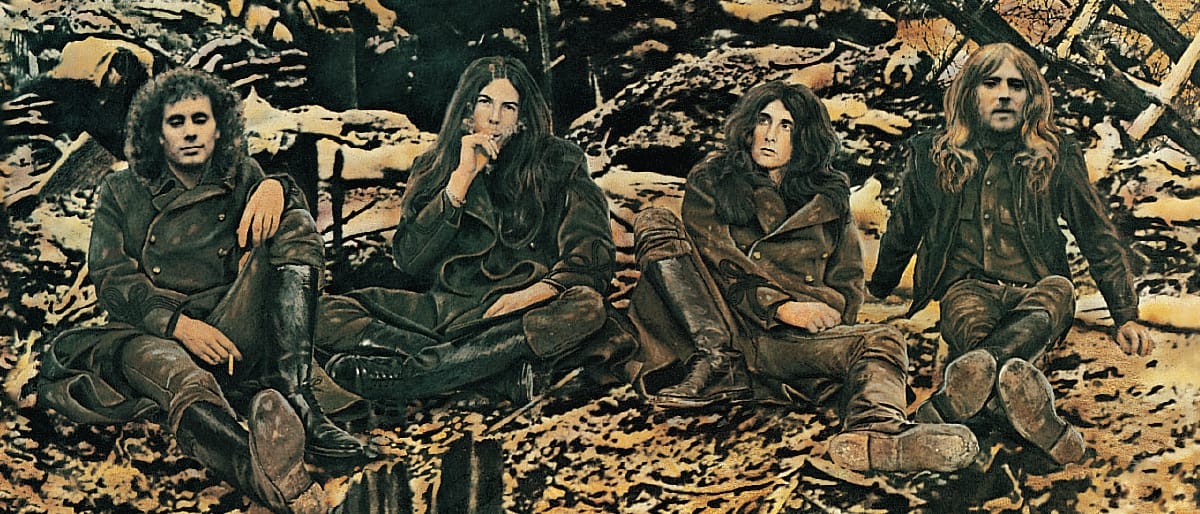

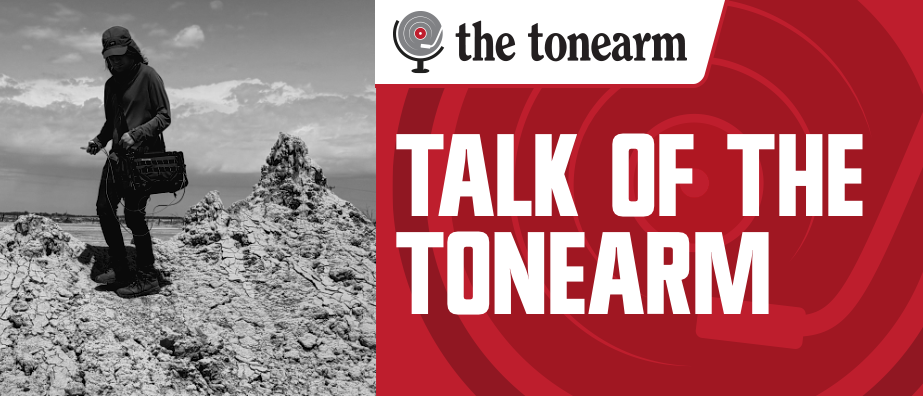
Comments